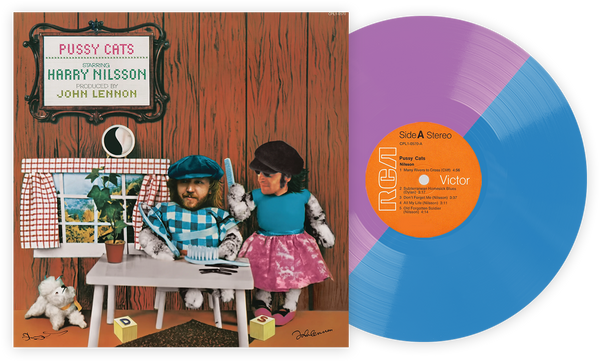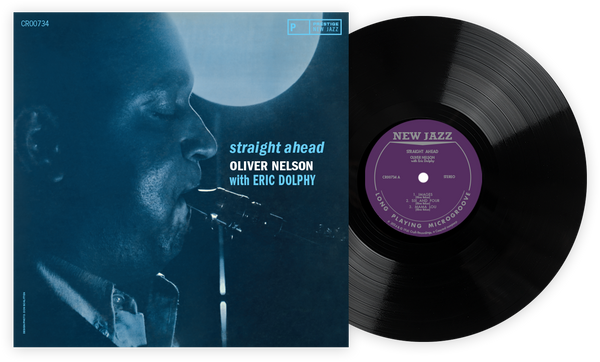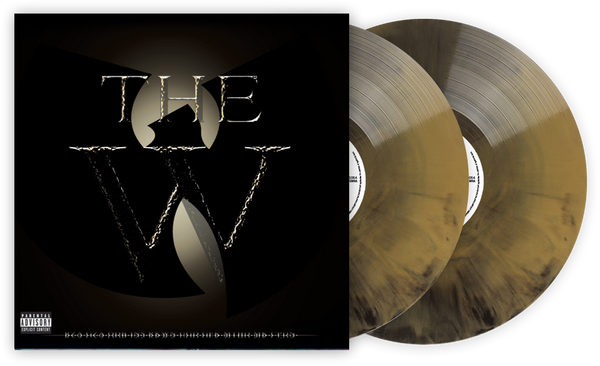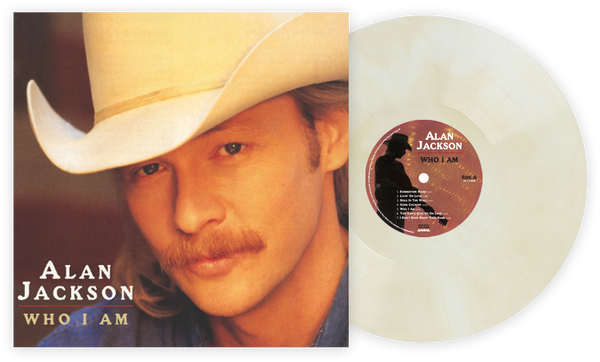Finding Solace in a Lonesome, Crowded Place
On the 25th anniversary of Modest Mouse’s second album
I was around nine years old when I got my first MP3 player — a Zune, given to me by my older sister. Although I had wanted a cooler device like the iPod that had come out years earlier, I was still fairly excited to have my own MP3 player at all. It meant I could stop switching out CDs on my clunky player and have my music in one space. As I started up the Zune, I was expecting to find the Britney Spears and Hilary Duff songs I had asked my sister to load. Instead, she had decided I needed to listen to some “real” music, and I found odd band names like Modest Mouse. Reluctantly shuffling through the songs, one of the first I stumbled on was “Teeth Like God’s Shoeshine” from The Lonesome Crowded West and “The World At Large” from Good News for People Who Love Bad News.
This wasn’t the bubblegum pop I was used to listening to, music that so often focused on the emotions of being young or seeking love and a relationship. It was adults talking about how hard life is, and how easy it can be to get dragged down by it. And as a child who was experiencing a lot of abuse, beginning from a young age, and general disillusionment from a world that continuously failed me, their music spoke to me. Much of the pop music I’d listened to up to that point focused on the kinds of problems I wished I could have, problems that were simpler, more kid-like. Modest Mouse seemed to dig into something deeper and more depressing that I didn’t know anyone was allowed to talk about out loud — much less make music about it.
Modest Mouse’s sophomore album, The Lonesome Crowded West, presented paradoxes from the jump: The West is crowded, but the speaker still finds it lonely; the songs are about motion forward toward the future, but also isolation and stuckness. The landscape of the album is one of purgatorial resignation, with intense instrumental riffs and desperate vocal pleas.
In “Teeth Like God’s Shoeshine,” the speaker confronts how small the world can feel despite how large the sprawling area around you is: “From the top of the ocean / From the bottom of the sky / Well, I get claustrophobic.” I knew immediately what Isaac Brock meant, as he set the tone for the rest of the album: Sometimes it doesn’t matter how large the space around you is if your circumstances cage you in. You still feel helpless. The machinations of the world are larger than what you alone can heal or even carry.
In “Bankrupt on Selling,” I learned that the strums of a guitar can remind you of what it feels like to be stuck living a life you never asked for in the first place. Everything is changing before our eyes: Strip malls taking over and gentrification getting worse, the capitalist greed of corporations consuming life. “Styrofoam Boots / It’s All Nice On Ice, Alright” confronts nihilism and questions God’s very existence, parallel to “Cowboy Dan,” which sees a man challenging God to a fight. Settling into the resignation present on the rest of the album, “Styrofoam Boots” explores how fucked up it is that so many live through such painful existences and yet still pray to a God that might not exist up there at the end of the day.
The album is about the death of the “American dream” and how it’s set up to fail us, and the songs encompass the knowledge that things are getting worse and sometimes all you can do is shrink. It’s existential and terrified, pining toward meaning — angry, and vulnerable, not attempting to fit into boxes. All this, and more, I understood when I first listened to their songs for the first time nearly two decades ago.
In the liner notes for the album’s reissue, Scott Swayze, who helped to produce the record, calls it “a raw rock record; a snapshot of the band at that point in time, with minimal embellishment.” And that rings true in listening to it. “It meanders between feelings of grinding teeth and soothing calm, love and heartache, hope and despair, with the mood and emotion shifting like tumbleweeds on a gusty day.”
As someone whose life also felt defined by isolation and existential dread, the band was one of the first whose music gave me insight into how all of these complex, darker emotions could sound out loud — not just in the lyrical sense, but by way of instruments, too. In most of their music, anxious guitar riffs curl around lyrics that mix dread with often calculated hopes for the future. Brock’s voice whines like he’s singing a eulogy at his own funeral.
And while The Lonesome Crowded West pinpointed the atmosphere of the pre-internet 1990s, 25 years later, these themes still deeply resonate, both with me personally and with the way society has continued to unfold. Brock sings of what it’s like to be personally unraveled by historical happenings getting worse — something that feels impossible to control or handle as a singular person, and which felt prescient around the turn of the century and still relevant now. In the more than two decades since the album was released, the country we live in has only become more chaotic. The sense of doom from climate disaster, the anxiety of an ever-growing list of anti-trans bills, constant police violence toward Black people and more are all issues constantly nagging me in the back of my head. I count the problems that exist, the ones that grow worse every day, and the list is like a doomsday clock hanging around my neck. The resulting anxiety is large, and I am too small to hold it some days. Waking up and getting out of bed, at times, presents a Sisyphean task. Somehow, though, Modest Mouse has made music that contains those anxieties and the loneliness of trying to shoulder how heavy it all is. When I need company, I sit with the band’s songs. I am reminded I am not the only one who has felt the weight of the world at large.
Looking back at the album, it makes complete sense that it helped put the band on the map of indie rock greats. The musicians were able to translate both the desperation to understand why things work the way they do and the remorse of finally having seen enough to understand.
For me, and I’m certain many others, Modest Mouse wasn’t just a portal into exploring how desperate emotions could sound out loud. This winding album was also an introduction to other weird bands that talked about hard shit that would make people uncomfortable at parties, but is great to listen to alone in your room at night, like Radiohead or the Pixies. Modest Mouse’s music strikes something in me that feels as strange as living does many days — and they’re honest about that, instead of trying to wrap it up in something that sounds pretty.
One of my favorite concepts from Judaism is tikkun olam — so much so that I have the words tattooed on my left arm next to an olive branch. The ideology sets forth that the world is broken into pieces, and each of us has the responsibility to help put it back together. I think of this when I listen to this album, because although The Lonesome Crowded West always reminds me that the machinations of the world indeed are larger than what I alone can help to fix, it also reminds me there are others who see and feel all this. And if there are others who see the destruction and feel gutted by it, then there are others out there who might want to work with me to help turn some of this around.
Perhaps that’s a too-hopeful take on a band that makes such depressing music. But I can’t help it. I have never heard a death sentence in Modest Mouse’s music. Instead, I’ve heard there’s a chorus of other people out there who understand how much pain there is, and I’m not the only one facing it.







